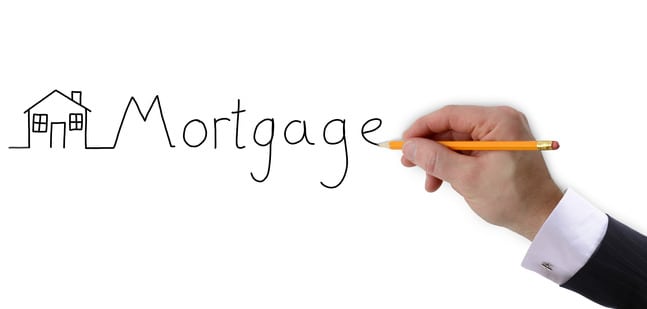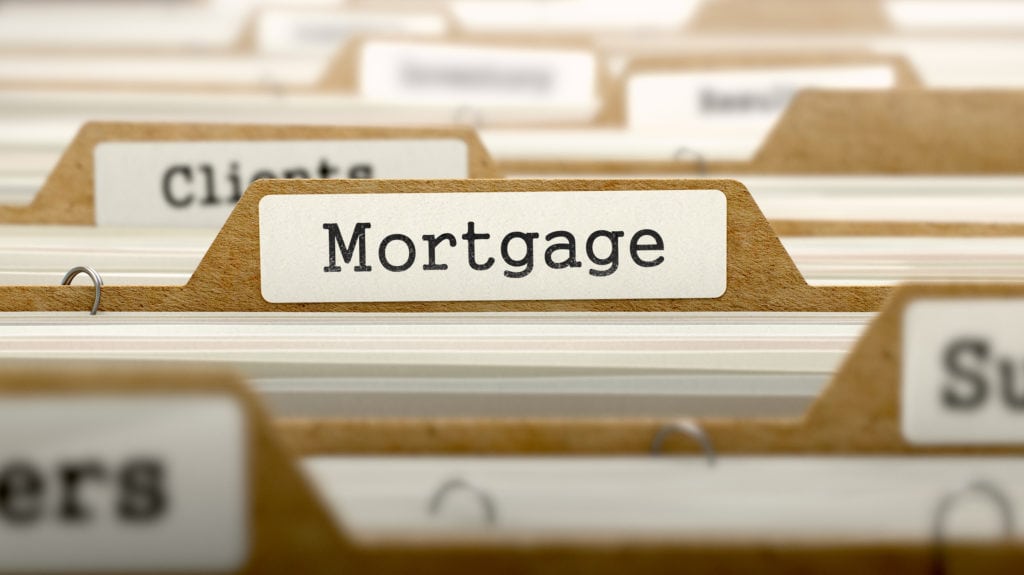
Preparing to buy a house may be one of the most exciting and scariest moves you’ll make your whole life aside from having kids or getting married. This is a major undertaking but too many people are so afraid of it that they never end up doing it. This is a great step to take in your life, but only if your finances are well prepared. Because we deal a lot with buyers, we want to make sure that all of our buyers are well informed and have done the homework necessary to prepare themselves for a mortgage.
I remember back in 2005 when the subprime mortgage bust was just about to ruin everything and I had a family that was paying $500 a month in rent going up to a $2500 mortgage. I advised against it but at the time they were determined, so determined in fact, they were ready to sell one of their firstborn in order to get the house. I don’t know whatever happened to that family, but I do know that probably was not the best option for them.
Now that we can breathe a little easier and subprime mortgages are not even on the radar anymore, planning for a mortgage does take a little preparation and self-reflection. Here are five simple steps to prepare your finances for a mortgage.
Read More: Get real buying advice from real people
#1. Understand your finances.
You don’t want a full-on analysis of your finances for the first time sitting in front of a lender as they peer over there glasses at you like you’re an idiot. Make sure you understand your finances first before sitting down with a lender. Now, they might be great, but if they’re not, shouldn’t you know that first? Get a copy of your credit history and report from one of the three major companies Trans Union, Experian, and Equifax. (They’re technically all the same but might give you different results).
Go through the report and correct any errors, close up delinquent accounts, or pay off small debts if you can. If you have a credit score over 680, chances are you’ll be able to get a good interest rate. It still will depend on your income and your debts. But, once you have a good handle on your own finances and you understand what others will be looking at when viewing your credit history, you’ll be more prepared to talk with a lender.

Related: 10 House Hunting and Buying Mistakes to Avoid
#2. Save for a down payment
When you first make an offer on a home you’ll need an earnest money deposit. This is typically 1% to 3% of the asking price of the house. This money is to “hold” the property until it closes and it’s a good-faith gesture that you’re willing to put money down on the house so no one else comes along with a better offer. This earnest money deposit will go toward your down payment so you can consider that when saving for your down payment. The higher the down payment the wider your options will be. You might be able to get better terms, lower interest rates, and lower closing costs. Anywhere from 5% to 20% is a good number to shoot for. Some FHA loans do allow for a 3.5% down payment but you will be sacrificing other benefits.
More: Can I buy a house that’s not for sale?
#3. Find a good lender and shop around.
Even though this is a much bigger purchase than a couch or dining room table, you shouldn’t shop around any less. Ask your bank, credit union, mortgage broker or even your real estate agent about different options when it comes to your lender. Find someone you are comfortable with. Often times larger banks can pass you want from one person to another will small brokerages deal on a more one-on-one basis. This personal touch might be a little bit more expensive but speaking from experience, having one person to go to for all of the lending issues rather than 10 is a benefit.

#4. Be realistic about what you can afford.
This gets really exciting but just because your lender says you can afford $500,000 doesn’t mean you need to max out that budget. This is the very most your income can support and if you max that out you may not have money for repairs, replacements or general maintenance of the house. Consider looking at homes 10% under your max budget and it’ll give you a little bit of wiggle room for competing bids or save you money in the long run.
Read More: Is it okay to find a Realtor® at an open house?
#5. Don’t make any major financial moves during this time.
Once you started down the road to homeownership don’t make any sudden moves. Don’t quit your job, don’t apply for any more credit right now, don’t make any large purchases or accept any large amounts of money from people unless it’s a gift for your down payment, in which your lender should know about. Think of it as putting a freeze on all of your finances. Of course, you can still pay your bills and go out to dinner, but don’t make any major moves financially until your home closes.
I’d love to offer more information and suggestions on reputable lenders in the Sunset Beach real estate area. Give us a call today or browse our website for more information, details, and of course all the listings throughout the area.
